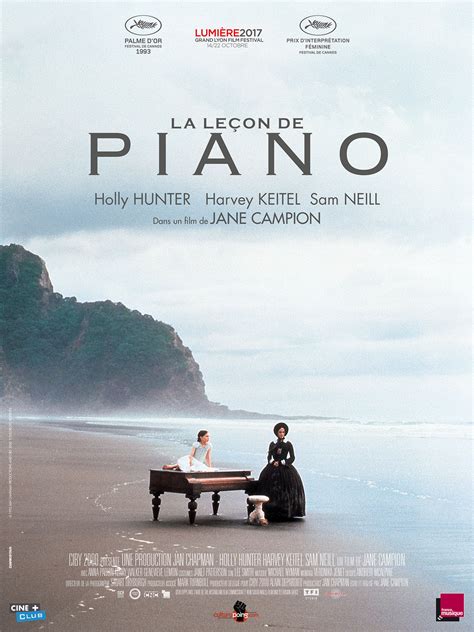The Piano

Description:
The Piano, released in 1993, is a compelling drama that tells the story of Ada McGrath, a mute Scotswoman, and her daughter as they settle in New Zealand during the mid-19th century. Ada's prized possession is her piano, which becomes a focal point of a complex emotional and passionate narrative involving a marriage of convenience, cultural clashes, and forbidden love. The film explores themes of communication, power, and desire, set against the stark, haunting backdrop of the New Zealand wilderness.Keywords:
Silence, Desire, Colonialism, Communication, EmpowermentWhat is the point of the piano movie?
"The Piano," directed by Jane Campion, explores themes of communication, desire, and the struggle for personal autonomy. Set in the mid-19th century, it follows Ada, a mute woman who expresses herself through piano music. The film delves into her relationships—particularly with her husband and a local man—highlighting the complexities of love, power, and repression. Ada's piano symbolizes both her voice and her emotional struggles, ultimately portraying the intersection of art, identity, and the quest for freedom in a restrictive society.
Where can I watch the piano movie?
You can watch "The Piano" on various streaming platforms. As of October 2023, it may be available on services like Amazon Prime Video, Apple TV, or Hulu. Additionally, you might find it for rent or purchase on platforms like Google Play Movies or YouTube. Availability can vary by region, so it's best to check your local listings or use a streaming aggregator service to find out where it's currently streaming.
How many Oscars did the piano win?
"The Piano," directed by Jane Campion, won three Academy Awards at the 66th Oscars in 1994. It received the Oscars for Best Original Screenplay (Jane Campion), Best Actress (Holly Hunter), and Best Supporting Actress (Anna Paquin). The film is celebrated for its unique storytelling and strong performances, particularly highlighting the themes of communication and desire.
Does the piano have a happy ending?
"The Piano," directed by Jane Campion, does not have a traditionally happy ending. The film concludes with Ada's emotional and physical liberation, but it comes at a high cost. After a tumultuous journey filled with love, loss, and sacrifice, she ultimately chooses her autonomy over her previous life. While she is free from her oppressive marriage, the ending leaves viewers with a sense of ambiguity regarding her future happiness. The film explores deep themes of desire and freedom, making the ending complex rather than outright joyful.
Explore More Categories: